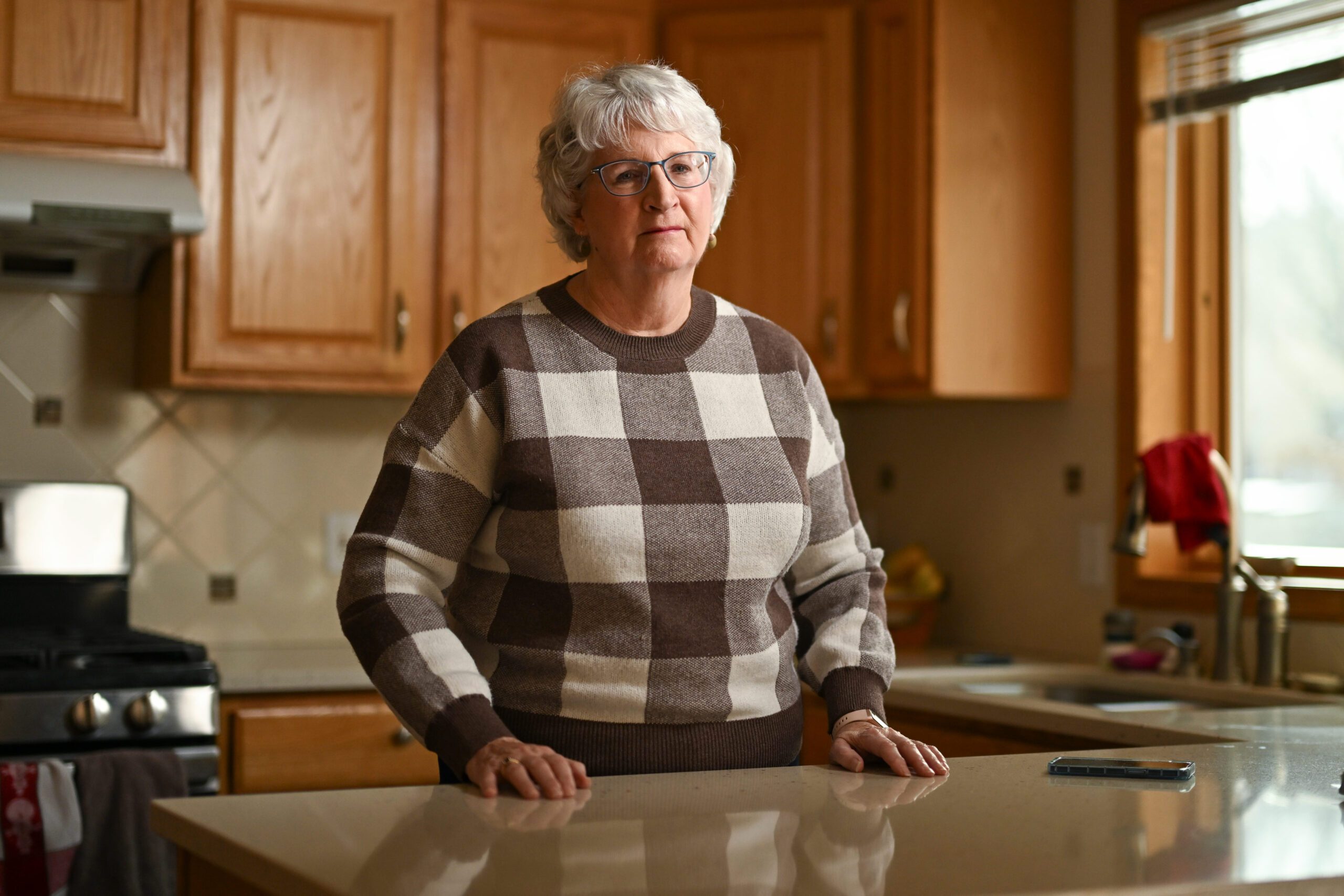CANNABIS CULTURE – Canadians continue to support legalizing medicinal psilocybin according to a new poll released by the Canadian Psychedelic Association (CPA).
According to the poll, an incredible 82% of respondents either fully or at least partially supported the use psilocybin for medical use, with 78% saying they would endorse a government that allowed it for psychotherapy in end-of-life and palliative patients, and 64% backing its use in qualifying Medical Assistance in Dying (MAID) recipients. The CPA has now presented the Memorandum of Regulatory Approval (MORA) before Health Canada in the hopes of changing the regulations around psilocybin use.
“The MORA is a framework for the regulation of psilocybin-assisted therapy,” Cory Firth, executive director of the CPA told Cannabis Culture. “It sets out the amendments and additions to the current legislation which would allow medicinal psilocybin to be medically authorized, produced, and consumed in a safe and responsible manner.”

Cory Firth, executive director of the Canadian Psychedelic Association
MORA will consist of changes to the Cannabis Act, Cannabis Regulations, Narcotic Control Regulations, Controlled Drugs and Substances Act, Cannabis Exemption (to the Food and Drug Act) Regulations, and the Food and Drug Regulations.
“Each step in the process is designed to protect the health and safety of Canadians while providing legal controlled access to those in need,” Firth added.
“The overwhelming amount of research that is showing safety and efficacy of psilocybin-assisted therapy, and the mainstream media acceptance, has helped to inform the public around the effects that this type of treatment can have on various treatment-resistant mental health conditions.”
“Compassionate access is the right thing to do.”
Currently in Canada the only way to receive psilocybin-based therapy is through a section 56 exemption, but as Firth noted, “Health Canada cannot keep up with the demand for s.56 exemptions, making their psychedelic drug policy unsustainable. We are offering a chance for the government to review what works and what doesn’t work and come up with a framework focused on safety and harm reduction that delivers access to patients in need across the country.”
Thomas Hartle was the first palliative Canadian to receive an exemption and now has been selected to testify before the deciding Committee for MORA in the fall. “My cancer has put me in a position where I simply do not have time left to ignore things the way that more healthy people are able to,” said Hartle.
“When you have a terminal illness, hearing talk about studies that may (or may not) produce any outcome in three or more years’ time is the equivalent of saying that nothing will be done for the rest of your life. Nothing will improve for the rest of your life. You will not get any relief from anxiety or depression for the rest of your life. Every minute that you have left will likely be one where you are suffering.”
“Psilocybin gave me a different perspective on my circumstances. It not only changed the way I was feeling, but it also changed the way that I thought about what was happening to me.”
“I have used psilocybin twice, and at this point, I don’t feel any need to use it again.”
Hartle is publicly open about the benefits of his treatment and added, “I have been approached by numerous people who have shared their experiences with me on the therapeutic use of this medicine. This perspective shift and the life-changing result it has had for me is a theme that I have heard repeated by every patient I have spoken to.”
Cancer patients nearing end of life and others with terminal illnesses face extreme psychological suffering and existential anxiety. They often report feelings of hopelessness, damage to relationships, not being able perform activities of daily living, and feeling generally purposeless. loss of autonomy, poor relationships, and general lack of purpose. This can lead to poor medication adherence, a diminished quality of life, higher rates of suicide, and even wishing for accelerated death.

Dr Pamela Kryskow, founding member of the Canadian Psychedelic Association
Dr. Pamela Kryskow, a psychological researcher and medical doctor, agreed that things must change soon, stating, “A dignified death is one in which a person can make an informed choice about end-of-life care. Unfortunately, current policy in Canada presently denies access to what decades of clinical data, research, and science suggest may be one of the most effective forms of addressing the existential stress and anxiety at end-of-life: psilocybin-assisted therapy.”
“Some pharmaceutical options for mental health challenges are minimally effective and do not cure the problem. Many of them are ‘palliative’ which means you need to be on them for life. Psilocybin can cure the problem and in many cases is a one-time treatment. It is unethical to withhold a medicine that can cure a condition and require people to use a substandard medicine that does not.”
According to Kryskow, approval of MORA would also hugely benefit the scientific and medical community by having access to a “bigger toolbox” while also saving Canadians money on mental health issues. “Scientists and researchers can spend more of their time doing the studies that have not yet been done instead of spending enormous amounts of time repeating the same trials that have already been done.”
“With dedicated research funding, Canada could lead the way in research and development for psychedelic medicine.” Kyryskow says. “There is no scientific reason for Health Canada to reject approval.”
So what are potential blockades for Health Canada approving MORA?
“Health Canada may very well agree with our regulatory recommendations; however, they would need to align with the political objectives of the sitting government,” said Michael Kydd, Principal of Kydder Group. “Focusing on coalition building, strong advocacy, science and research, public opinion data, and further education is the best recipe to convince policymakers that Canadians are in good hands.”
As Kydd says, Health Canada needs to make passing MORA a priority regardless of what government sits in power. “We have infrastructure already in place through medical cannabis regulations, safety and efficacy are the core pillars of our MORA strategy, and any new regulations would be made through the Governor in Council, not an overhaul of the legislation.”
“It took 19 years for cannabis to be legalized after the first section 56 exemption. Canadians suffering from palliative depression, anxiety, and severe mental health disorders cannot wait for the courts to figure out the constitutionality of psychedelics.”
“This is a matter of life and death.”
Original Article










